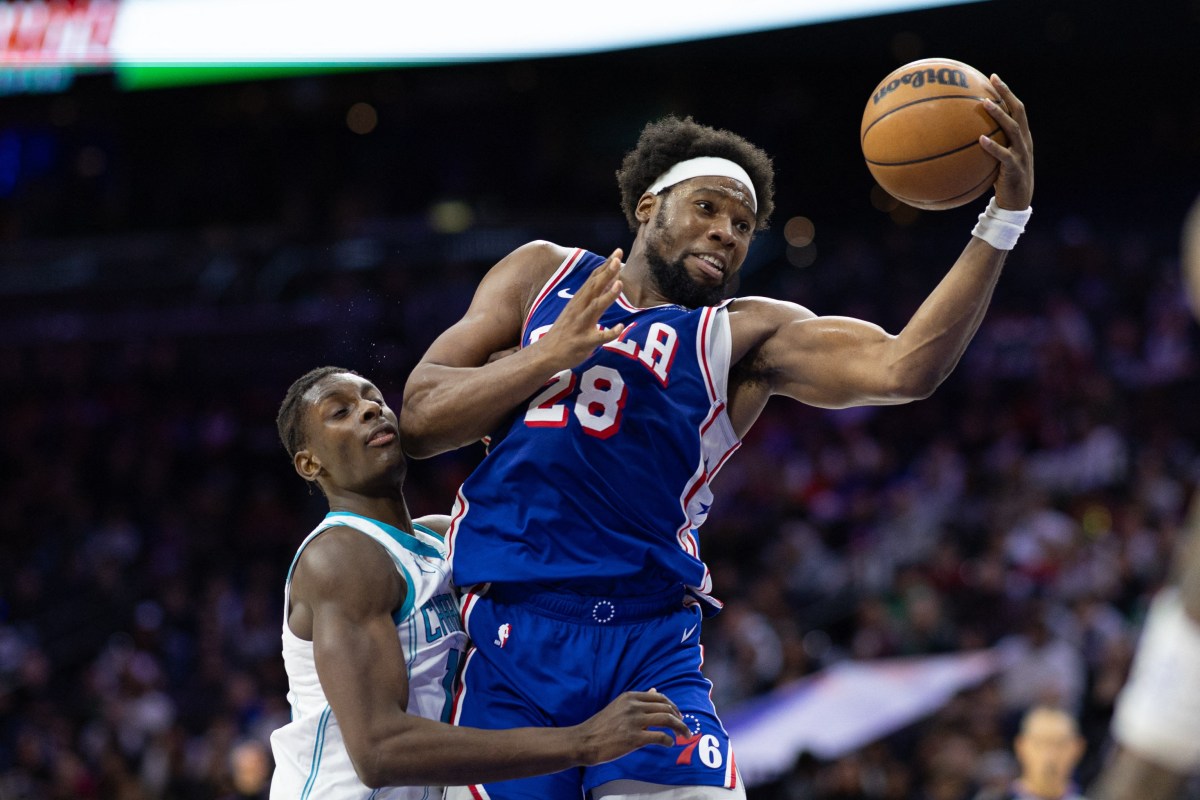In our fast-paced ADD driven society one thing has become abundantly clear: traditional advertising is not as effective as it used to be. People do not trust those old “Mad Men” style ad placements designed by big agencies in order to cram products down our throats. The buyer and seller relationship used to be involuntary to some degree. Afterall, did anyone really enjoy Sea Monkeys, Chia Pets or the musical stylings of the Baha Men? The short answer is: No. Today, people can see through these bullsh*t boardroom tactics for what they really are and choose to engage more actively with social media influencers to get recommendations on everyday products.
Influencers are former everyday-people turned huge sensations online. By utilizing platforms like Instagram, Facebook, and Snapchat, these e-famous folks are now paid to post about their favorite products to their throngs of followers. This trend has completely revolutionized the marketing industry and you can attribute it to one central belief: everyday people respond to humanity. More people will buy something a “friend” recommends than an actual Kardashian.
CSO Adam Rivietz recognized this and co-founded his firm, #paid, to help companies pair up with popular web influencers in order to help sell their products to their followers. These companies aren’t rinky-dink mom and pops, either; #paid has worked with some of the biggest brands out there, like Coca-Cola, Microsoft, and Airbnb. So why do these huge international names look for regular people to sell their products instead of, say, celebrities?
“They (celebrities) are trying to parlay their real-world fame online whereas an influencer’s entire fame was built online,” explains Rivietz, “across the board even if you compare a traditional celebrity with an influencer, of the same follower count, the engagement rates are always higher from an influencer. It’s because of that personal relationship, because you’ve seen them grow and because they’re more relatable.”
One of #paid’s biggest success stories is Christian Collins, AKA @WeeklyChris. Once a shy teen from the West coast of Canada, Collins started posting videos on YouTube and gained a huge following. He now has 3.6 million followers on Instagram and 1.69 million followers on Twitter and multiple endorsements from companies that pay him to post his recommendations to his followers that value his opinion.
“In terms of branding It works very well when there’s a natural organic relationship with the brand,” Collins says, “because there’s such an intimate relationship with my followers, and it’s something I genuinely enjoy, it would be like your best friend recommending something.”
Rivietz believes that if a brand has to choose between a self-made social media savvy influencer, like Collins, or a busy celebrity who could change their brand allegiance overnight, the choice is a no-brainer. “Influencers are content creators first. That’s why they’ve risen to the top of social media,” says Rivietz, “because they create this incredible content that actually resonates with an audience and that arguably speaks to a brand’s target audience better than the brand knows how to speak to them.”
#paid only represents influencers that have a minimum of 5k followers on their platforms but they find that influencers that have 25K to 250k followers have proven time and time again to be able to give their clients a good return on investment. After all, phones are the new billboards and as Rivietz sees it, influencers like Collins are the new Don Draper.
“What Instagram has become is our new magazine,” he says, “You get to pick whatever type of content you want and just like you used to flick pages through a magazine you are now flicking through your feed. You can make your own subscriptions by following these influencers. The invention of social media has made it possible for anyone to have a voice and gain a large following.”






















